STATERA MENTORSHIP | IOWA CHAPTER
Statera Mentorship: Iowa was created in the spring of 2019. It was founded by Charissa Menefee, who also serves as Regional Coordinator. The Iowa Chapter is not currently accepting applications. To receive information about the next cohort, please sign up for the Statera Newsletter. If you have any questions, please contact our National Co-Directors at [email protected].
Meet your Iowa Regional Coordinator
Charissa Menefee is a playwright, poet, director, performer, and educator. She has been a Tennessee Williams Scholar at the Sewanee Writers’ Conference, as well as a writer-in-residence at the Fairhope Center for the Writing Arts and the Utah Shakespeare Festival’s New American Playwrights Project. Her plays have recently been produced in Minnesota, Kansas, Iowa, Illinois, Tennessee, Arizona, Washington, and Texas. When I Stopped Counting: Poems is available from Finishing Line Press, and her poetry can also be found in journals such as Adanna, Poets Reading the News, The Wild Word, Terrene, and Dragon Poet Review. After teaching in Arizona for many years, she now teaches scriptwriting, dramatic literature, and performance at Iowa State University, where she co-directs the MFA Program in Creative Writing & Environment. She is the founder of The EcoTheatre Lab in Ames and currently serves as vice-president of the Humanities Iowa board of directors.
*A NOTE ON INCLUSION AT STATERA
Women: Statera recognizes the limiting nature of the binary use of woman. We serve and welcome anyone on the gender spectrum who identifies either always or some of the time as a woman. We also serve and welcome those who are non-binary, while recognizing that not all non-binary people identify with aspects of femininity.
Intersectionality: StateraArts works through an intersectional lens for gender parity. We understand and acknowledge that systems of oppression and discrimination are interdependent and span all social categorizations such as race, class, gender, ability, religion, parental status, size, age, and sexual orientation as they apply to a given individual or group. Addressing one spoke of systematic discrimination or disadvantage means holistically addressing them all.

-Full-Company-copy_8djofgunt0f6n0dpfcog55.jpg)
